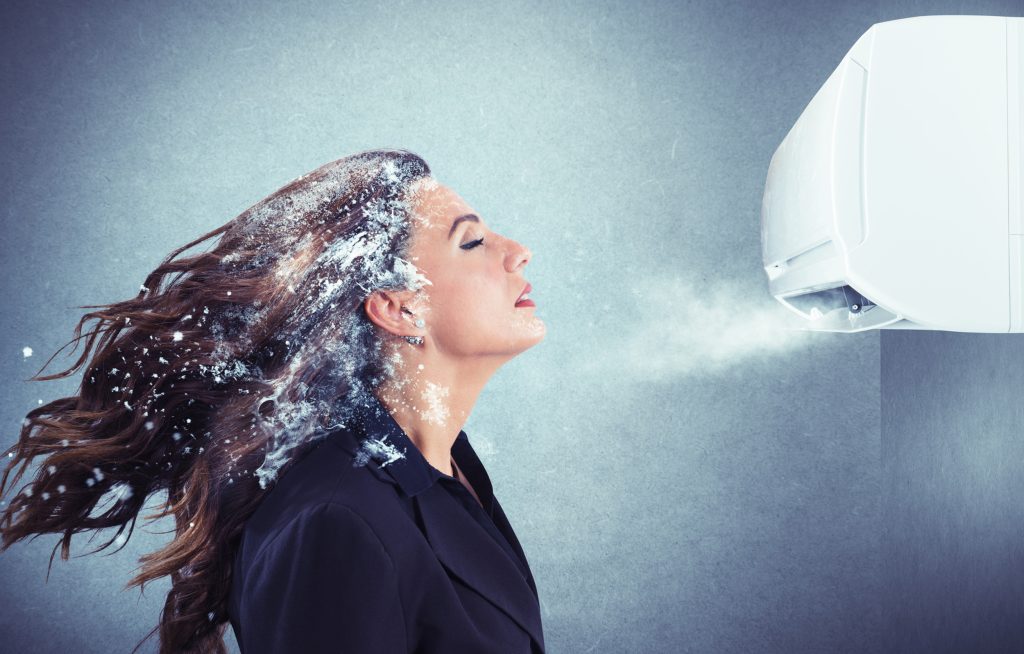Table of Contents
Do you crave sniffing petrol? Discover 12 possible reasons Why You Might Be Craving the Smell of Petrol, from nostalgia and social conditioning to nutritional deficiencies and mental illness. Learn when petrol cravings may need medical attention.
Petrol, also known as gasoline, is a transparent, yellowish, and flammable liquid used as a fuel for spark-ignited internal combustion engines.
Do you ever find yourself longing for a whiff of petrol or gasoline? This unusual craving may seem bizarre, but it’s more common than you think.
Why You Might Be Craving the Smell of Petrol?
There are several reasons to smell Petrol, One reason is that the smell of petrol can trigger a nostalgic feeling linked to a salient memory, such as riding a bike on a country road or spending time in a garage. Another reason is hydrocarbons in petrol when inhaled have a good effect on the nervous system. Another sign is craving petrol could be a sign of iron deficiency anemia or pregnancy.
Here are 12 possible reasons why you might be craving the smell of petrol:
Nostalgia
For many people, the smell of petrol evokes nostalgic memories. Perhaps it reminds you of family road trips as a child or filling up the tank of your first car. Smells are powerfully linked to memories and emotions in our brains. Sniffing petrol can transport you back to beloved memories from the past.
Seeking Comfort
Certain smells, like petrol, provide a primitive sense of comfort. There are theories that we may crave these smells during times of stress or uncertainty. Petrol has a rich and intoxicating scent that can evoke feelings of warmth, safety and reassurance. Craving it may be your subconscious seeking comfort.
Read also: Why Am I Craving Pineapple Slices

ASMR Response
Some individuals have an ASMR (autonomous sensory meridian response) to certain smells like petrol. ASMR is described as a tingling, soothing feeling triggered by specific sounds, sights and smells. For those sensitive to it, sniffing petrol provides an ASMR effect that relaxes and calms them.
Addictive Chemical Properties
Petrol contains chemicals called benzene and toluene. At low concentrations, these have psychoactive effects and are known to be addictive. For sensitive individuals, frequently sniffing petrol fumes can lead to a psychological and physiological dependency over time.
Nose Blindness
Being exposed to a smell constantly can make you temporarily “nose blind” to that odour. This is why you can’t smell your own home or perfume after a while. Some theories suggest craving strong smells like petrol represents your brain and body compensating for this nose blindness and seeking novel scents.
Social Conditioning
From a young age, many people associate the smell of petrol with riding in the family car on the way to exciting places like holidays, theme parks and road trips. We are classically conditioned to pair this smell with fun experiences through repeated association over time. This can lead to craving the scent.

A Preference for Strong Smells
There is a theory that those who are prone to petrol cravings may have a genetically determined preference for strong and potent smelling volatile substances in general. If you find yourself drawn to the scents in permanent markers, paint, adhesives and so on, petrol could be part of this tendency too.
Underactive Olfactory System
A poorly functioning olfactory (smell) system may also cause hankerings for intense smells like petrol. When your sense of smell is dulled, you may unconsciously try to compensate by seeking out very strong aromatic stimuli to trigger a reaction. Think of it as your nose and brain signalling that they’re bored and want stimulation.
Pollutant Addiction
There is a condition sometimes referred to as “volatile substance abuse.” In this disorder, individuals become addicted to the chemicals released by inhaling certain pollutants like petrol, glue or paint thinner. The disorder is poorly understood but could help explain strong cravings to sniff petrol or gasoline.
Nutritional Deficiencies
Certain nutritional deficiencies, such as in zinc or the B vitamins, have been linked to cravings for non-food items like petrol. It’s not entirely understood why this happens. One theory is the body is trying to compensate for a deficiency by absorbing replacement compounds from inhaled petrol fumes.
Pregnancy Side Effects
Hormonal fluctuations during pregnancy can cause unusual cravings and sensitivities in some women. Craving petrol or gasoline is one of the rare side effects but has been reported during the first trimester of pregnancy in a minority of expectant mothers. The cause is thought to be the changing hormone levels.

Mental Health Factors
Strong urges to sniff petrol or gasoline may, in some cases, result from underlying mental illness. Disorders like anxiety, depression, OCD and schizophrenia have all been associated with petrol cravings in certain patients. As with nutritional deficiencies, the reasons are not well understood.
Does smelling petrol kill brain cells?
Inhaling petrol/gasoline fumes can damage brain cells and cause neurological problems. However, brief occasional exposure at gas stations is unlikely to kill brain cells. Prolonged, repeated inhalation of concentrated vapours can destroy brain and nerve cells over time. Moderation is key.
When Petrol Cravings Become Problematic
For most people, an occasional urge to sniff petrol is harmless. However, if you find these petrol cravings becoming more frequent or interfering with your life, discuss it with your doctor. Ongoing inhalation of petrol fumes can cause neurological and organ damage. Professional help may be advisable.
Some ways to minimize petrol cravings include avoiding prolonged exposure at petrol stations, keeping car windows rolled up when fueling and using protective gloves. Consider alternatives like having a scented air freshener in your car. Identifying and addressing potential nutritional deficiencies may also be helpful.
Petrol or gasoline cravings are more common than most people realize. With awareness and a few precautions, these fleeting urges are nothing to be overly concerned about. However, frequent or intense cravings may signify an underlying issue that needs medical or psychological support. Speak to a professional if petrol sniffing becomes problematic.




